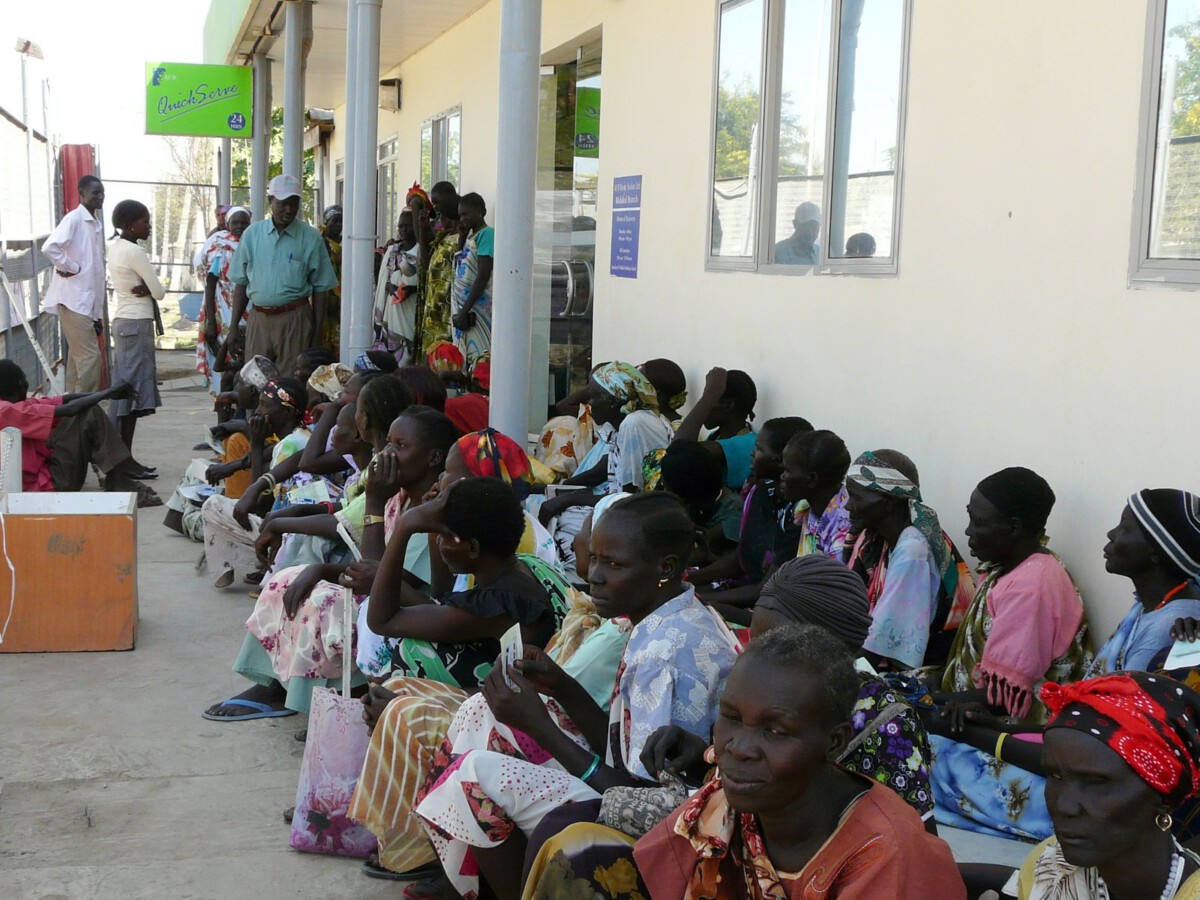China: A Shift in Travel Policy

In 2024, China dramatically revised its approach to foreign visitors with new, far-reaching regulations. The country’s Ministry of Culture and Tourism reported a striking 30% drop in foreign tourist arrivals in the first quarter of 2024 compared to the previous year. In response, authorities have rolled out a visa process that now demands significantly more documentation, including financial records, travel insurance, and a precise itinerary for the entire stay. The intention is to better filter who enters, favoring visitors who can demonstrate a positive economic contribution. This policy change also dovetails with China’s push to stimulate domestic tourism, which has rebounded sharply since pandemic-era restrictions ended. Travelers now face stricter scrutiny at border checkpoints, with random interviews and additional checks for high-risk nationalities. These measures have sparked concern among international tour operators, who worry about the long-term impact on China’s image as a global destination.
Russia: Heightened Restrictions Amid Geopolitical Tensions

Russia’s border controls have become notably tighter in 2025 as the country grapples with heightened geopolitical tensions. There is a marked increase in visa rejection rates, particularly for travelers from countries considered “unfriendly” by Moscow, with the Ministry of Foreign Affairs noting a 25% surge in denials. Applicants now face far more invasive screening, including in-person interviews and exhaustive background checks. Additionally, all travelers must register with local authorities within 24 hours of arrival—a move criticized by rights groups as invasive and a possible encroachment on privacy. These measures are widely interpreted as a strategy to limit foreign influence and safeguard national security, a narrative openly promoted in Russian state media. The stricter controls have discouraged both tourism and business travel, with data from the Russian Federal State Statistics Service showing a sharp decline in foreign arrivals since mid-2024. Western travel advisories have responded by warning citizens about the unpredictability of entry requirements and possible detentions.
United States: The Travel Ban Expansion

The United States expanded its controversial travel ban in 2024, adding several new countries to the list in response to what authorities describe as evolving security threats. The Department of Homeland Security recorded a 15% uptick in waiver applications from citizens of newly banned countries, reflecting ongoing attempts to circumvent the restrictions. The ban’s expansion has drawn criticism from advocacy groups, who argue it disproportionately affects families, students, and professionals seeking to visit or work in the U.S. International student applications from affected nations have fallen sharply, with the Institute of International Education reporting a 20% drop for the 2024/2025 academic year. Business travel has similarly declined, with several multinational conferences relocating to more accessible countries. While officials maintain the policy is necessary to prevent terrorism and manage public health risks, prominent economists have warned of lost revenue, especially in tourism-dependent cities like New York and Los Angeles.
Australia: Stricter Immigration Policies

Australia introduced a new points-based visa system in 2025, fundamentally changing how foreigners can enter the country. The Department of Home Affairs reported that temporary visa approvals have dropped by 20% since the policy’s implementation. Priority is now given to highly skilled workers, while those seeking entry for leisure, short-term work, or family visits find the door increasingly closed. Tourists and temporary residents face higher fees, longer processing times, and more comprehensive background checks. This approach supports Australia’s post-pandemic recovery plan, which focuses on attracting talent to fill labor shortages while limiting the flow of lower-skilled individuals. The hospitality and tourism sectors have voiced concern, with Tourism Australia noting a significant drop in bookings from traditional markets like the UK and New Zealand. These changes have been met with mixed reactions domestically, with some praising the focus on economic contribution and others lamenting the loss of cultural exchange.
India: Enhanced Security Measures for Foreign Visitors

In 2024, India deployed new layers of security for all international arrivals, especially in regions such as Jammu & Kashmir and the Northeast. The Ministry of Home Affairs enforced mandatory security screenings and background checks, which have led to an 18% reduction in foreign tourist arrivals, according to the India Tourism Statistics Report for 2024. These measures were ramped up in response to incidents of civil unrest and heightened threats against tourists. Foreign visitors are now required to register at local police stations in certain areas and face additional scrutiny if traveling near border zones. Travel advisories from countries such as the UK and Canada now specifically mention delays and unexpected questioning for their citizens. While Indian officials stress that these steps are vital for national security, tour operators warn they are deterring visitors and hurting an industry that supports millions of jobs. The government maintains that these protocols are temporary and subject to review based on future risk assessments.
Brazil: Environmental Regulations Affecting Travel

Starting in 2025, Brazil’s government enacted strict environmental controls on travel to the Amazon and other ecologically sensitive areas. The Brazilian Institute of Environment and Renewable Natural Resources (IBAMA) reported a 40% drop in tourist permits for the Amazon basin since the new rules took effect. Each month, only a limited number of eco-permits are issued, and travelers must apply well in advance, providing detailed plans and proof of ecological awareness training. These rules aim to curb deforestation and minimize human impact, especially following a series of international reports highlighting the Amazon’s fragility. Local communities that depend on eco-tourism have voiced concerns, noting a sharp decline in income and job opportunities. Environmental groups, however, have largely supported the measures, pointing to early evidence of reduced litter and damage on key trails. Critics argue that while the regulations help conservation, they risk isolating indigenous groups who rely on tourism for advocacy and funding.
Turkey: Increased Visa Requirements

Turkey has tightened its visa process for travelers from several countries in 2024, citing increased risks of illegal immigration and regional instability. The Ministry of Foreign Affairs reports a 10% decrease in arrivals, especially from nations bordering conflict zones. The new requirements include mandatory proof of accommodation, detailed return travel plans, and in some cases, in-person interviews at consulates. These changes follow a series of security incidents and have been accompanied by stricter airport screening. Tour operators in Istanbul and Antalya have noted an uptick in cancellations, especially among travelers from the Middle East and Africa. Turkish officials argue the policies are necessary to protect public safety and maintain order, but critics say they tarnish the country’s reputation as an open, welcoming destination. The hospitality industry is lobbying for a relaxation of the rules, warning of potential long-term damage to Turkey’s lucrative tourism sector.
Japan: Capping Tourist Numbers

Japan introduced a nationwide cap on annual tourist arrivals in 2025, responding to concerns over congestion and strain on local infrastructure. The Japan National Tourism Organization recorded an unprecedented 50% surge in visitor numbers from 2022 to 2024, overwhelming cities like Kyoto and Tokyo. The new cap is enforced using a lottery system for certain peak travel periods and popular locations, such as Mount Fuji and the Gion district. The policy has divided opinion, with local governments in heavily touristed areas welcoming relief, while travel agencies and airlines fear steep revenue losses. Early reports suggest the cap has eased crowding and improved visitor experiences, but hotels in less-visited regions report fewer bookings. The government is closely tracking impacts, with a review scheduled for late 2025 to determine whether adjustments are needed. International tour groups have had to adapt, with many now planning trips months or even years in advance due to restricted spots.
South Africa: New Health Regulations for Travelers

South Africa imposed new health entry requirements in 2024, requiring all incoming travelers to present vaccination certificates for diseases such as yellow fever and COVID-19. The Department of Health documented a 12% decline in tourist numbers since the rules were announced. These requirements are stringently enforced at all major international airports, with travelers lacking the necessary documentation turned away or forced to quarantine at their own expense. The government insists the steps are essential to prevent outbreaks and protect vulnerable communities. The hospitality sector, however, has warned of lost income and job cuts, especially in safari tourism and coastal resorts. Travel health clinics in Europe and North America have reported a surge in requests for travel vaccinations, suggesting some travelers are adapting to the new rules, while others are deterred. There are ongoing discussions about expanding the list of required vaccines, especially as new disease variants emerge in Africa.
United Kingdom: Post-Brexit Travel Challenges

Since the end of free movement under Brexit, the United Kingdom has implemented significant new entry requirements for EU citizens as of 2025. The Home Office confirms a 20% fall in short-term visits from EU countries in the past year. EU travelers now face visa applications with associated fees, additional paperwork, and heightened scrutiny at UK borders. This has led to a marked reduction in spontaneous travel, with London’s tourism board noting a drop in last-minute European bookings. The changes have also complicated work trips and family visits, with reports of delays and occasional refusals at border control. UK policymakers argue that these measures are crucial for national security and better migration management. The travel industry, however, warns that the new barriers risk damaging the UK’s status as a top European destination, particularly as other countries in the region maintain more open policies.






